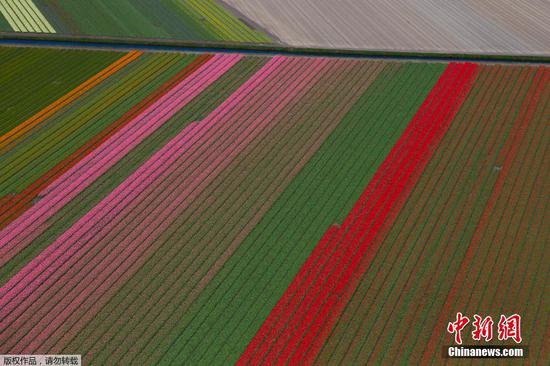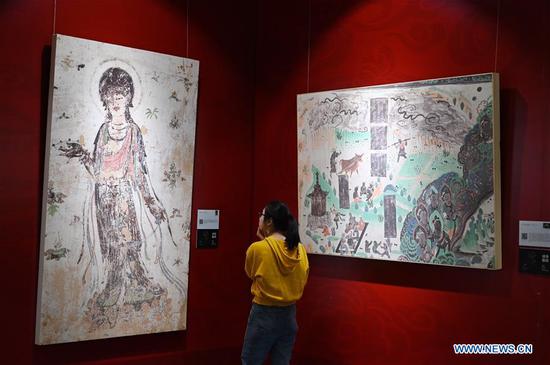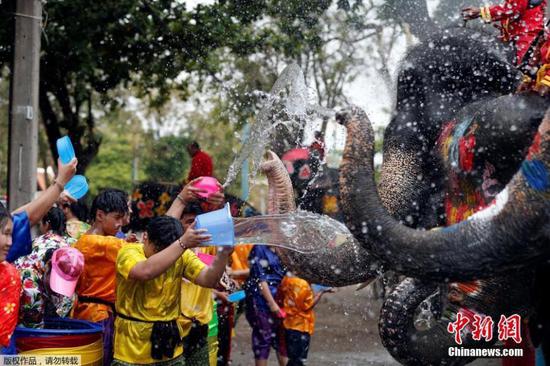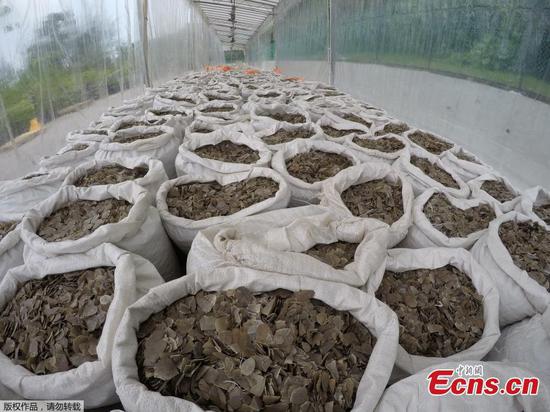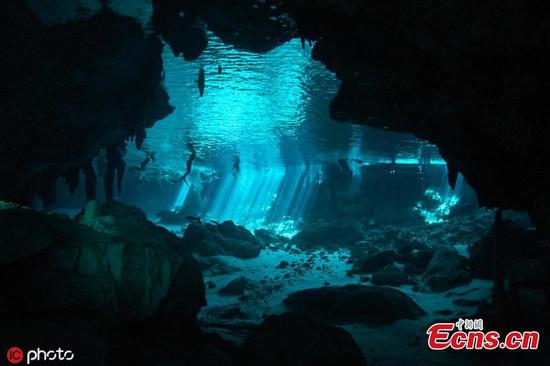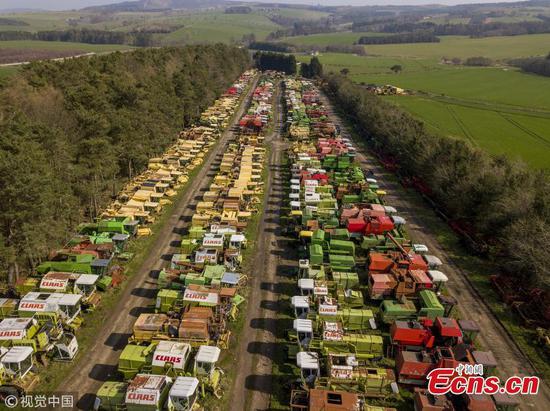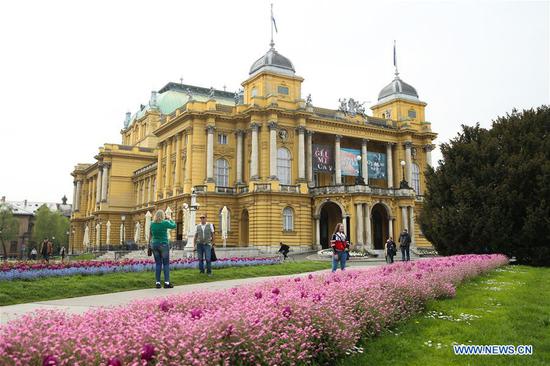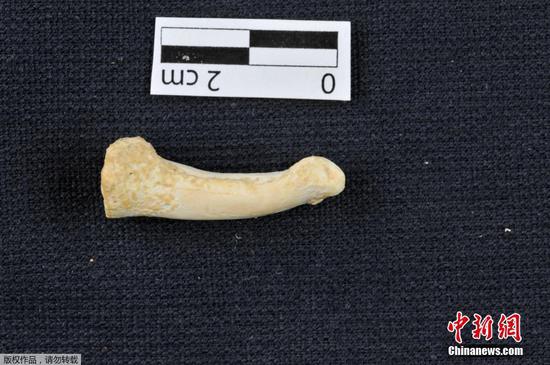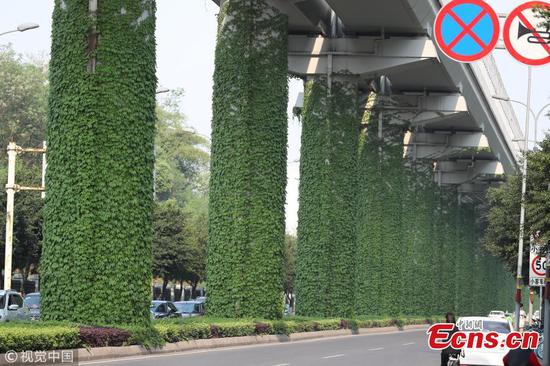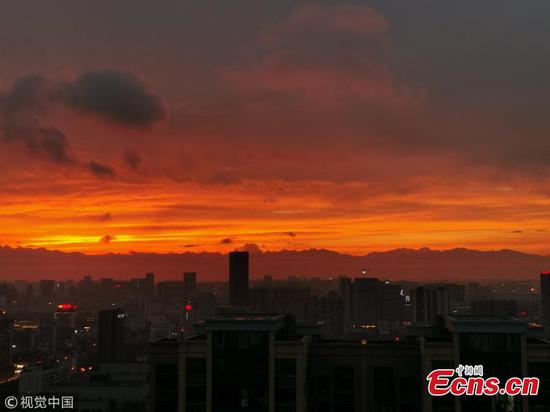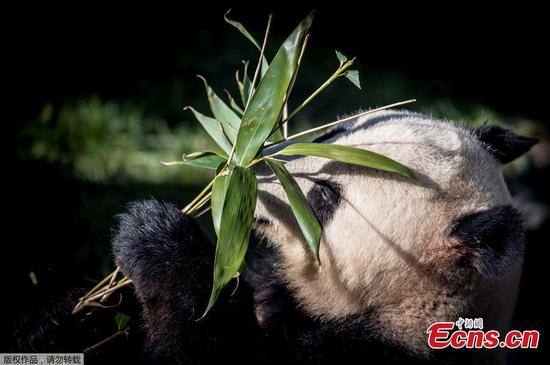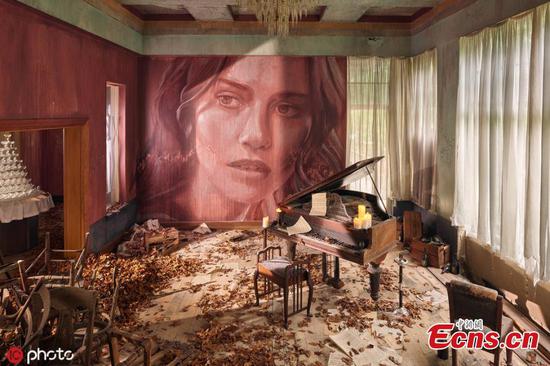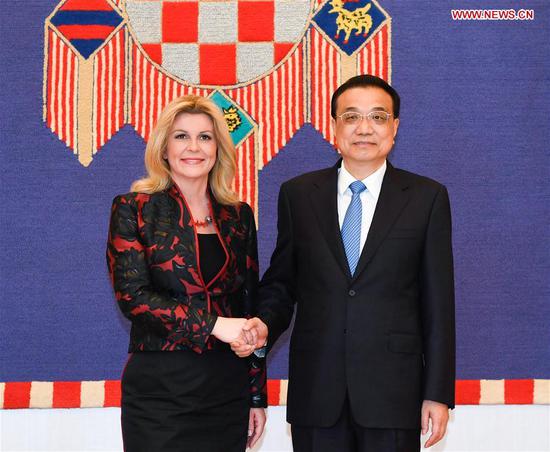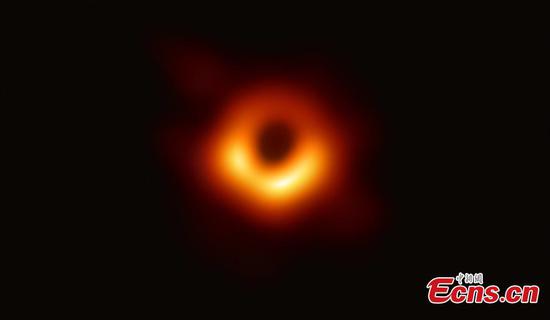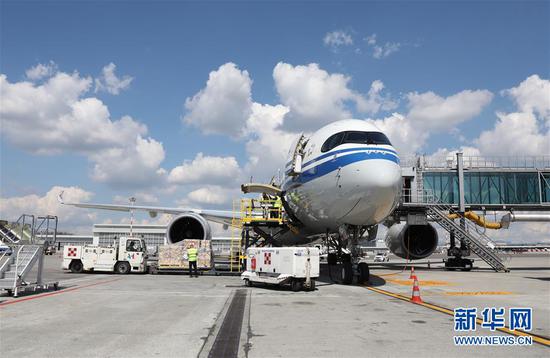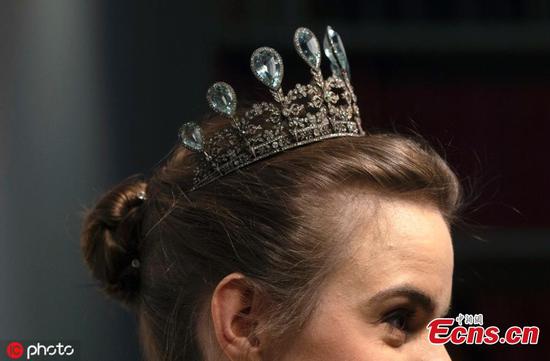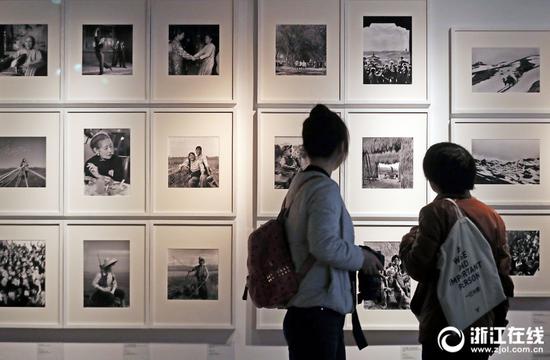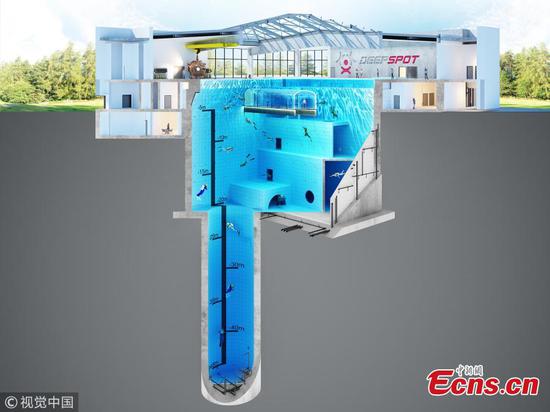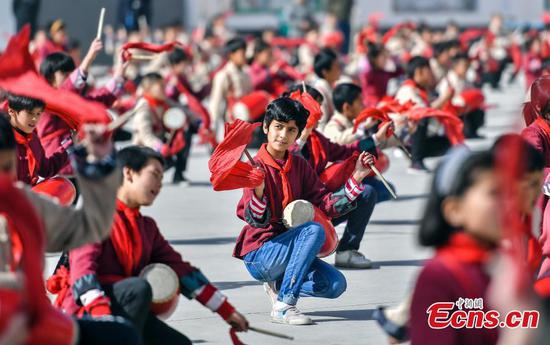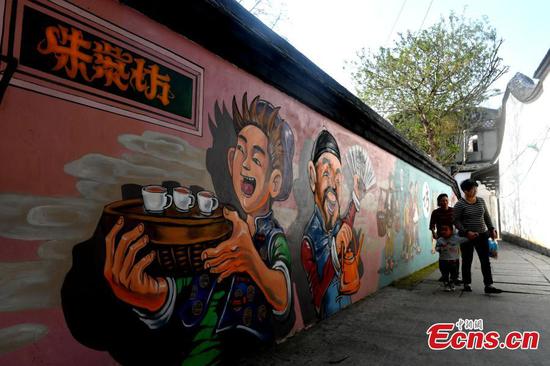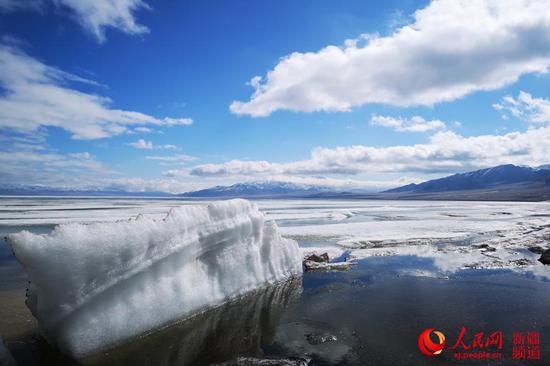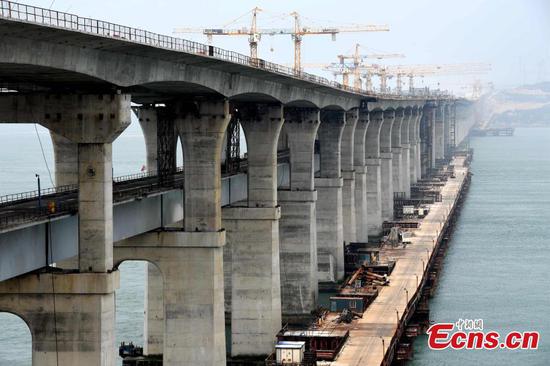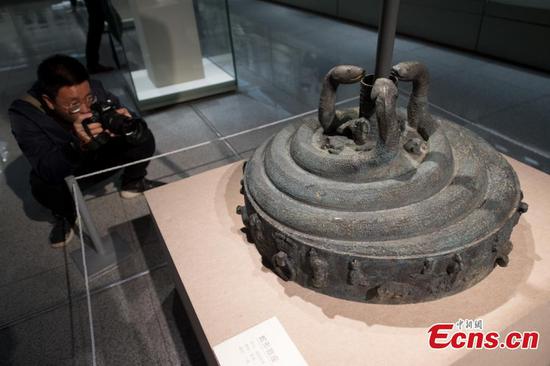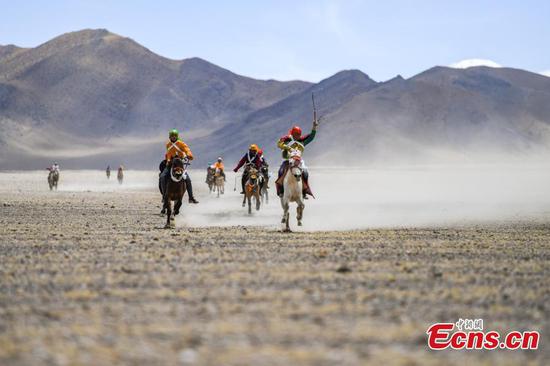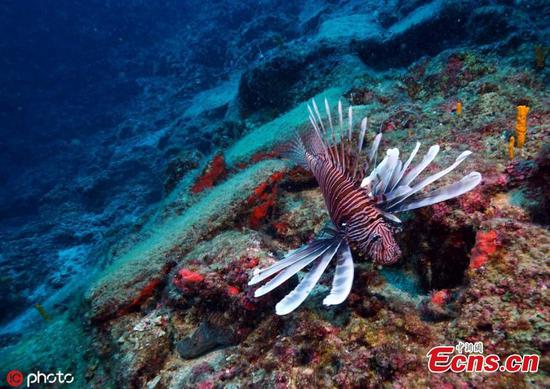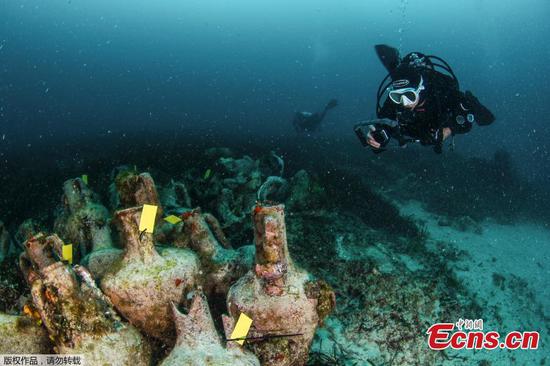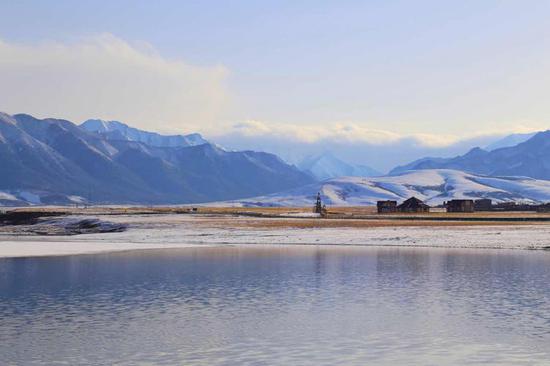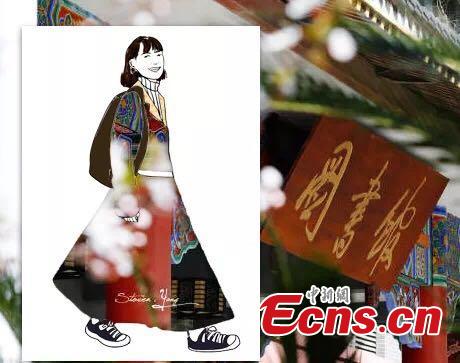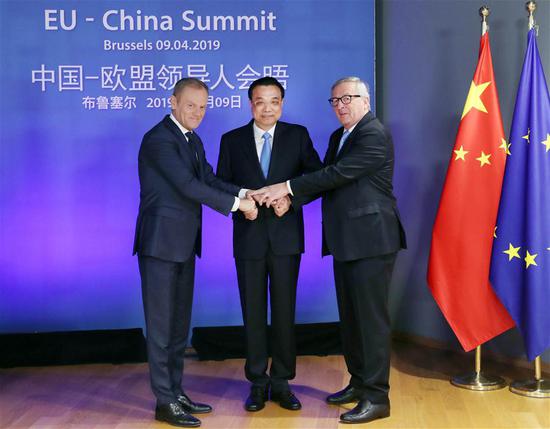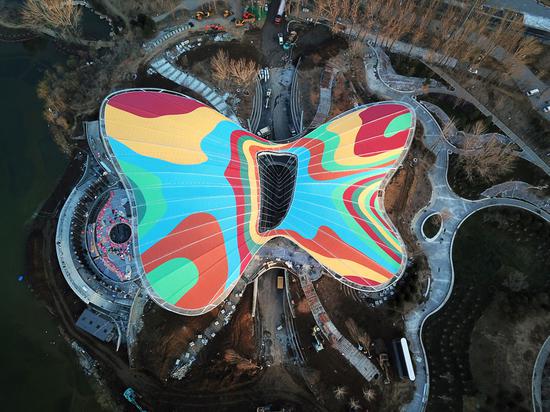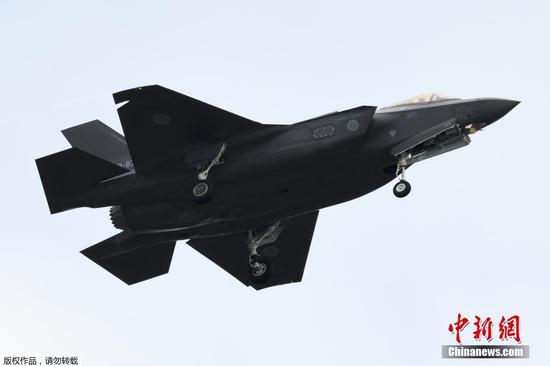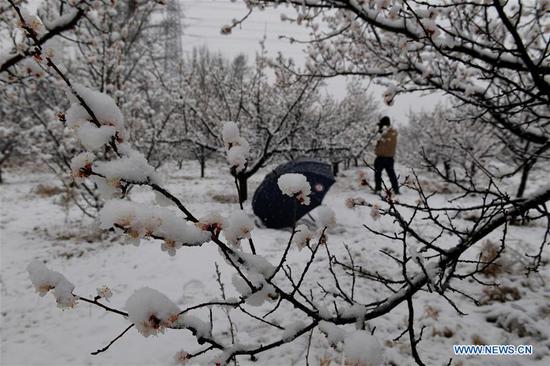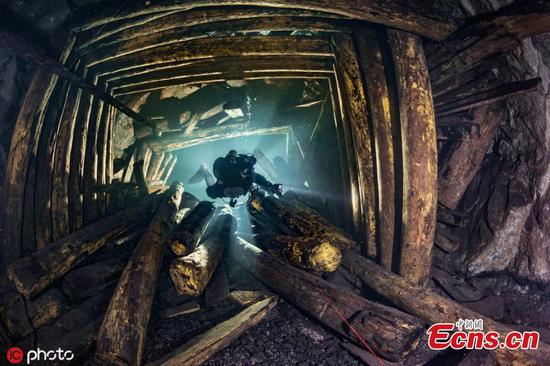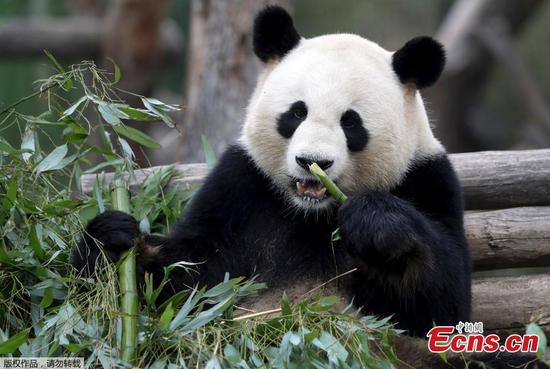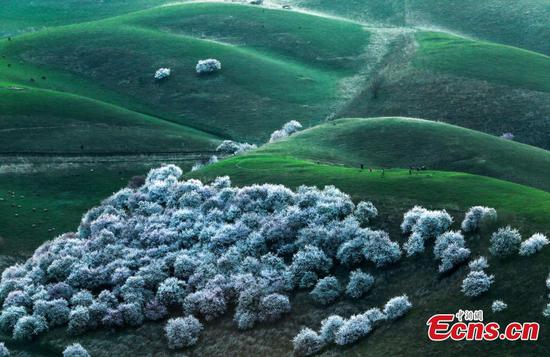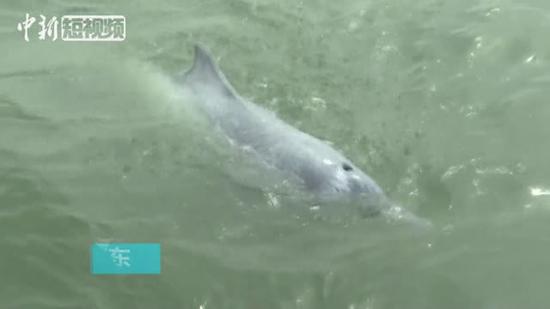![A file photo taken on July 14, 2015, shows the former Flying Tigers vetran John Yee at his home in Denver, the United States. [Photo/Xinhua]](http://image.cns.com.cn/ecns_editor/transform/20190412/GDE9-fzhhyeh0580729.jpg)
A file photo taken on July 14, 2015, shows the former Flying Tigers vetran John Yee at his home in Denver, the United States. [Photo/Xinhua]
A memorial service will be held Sunday in Denver for decorated WWII Flying Tigers veteran John Yee, who later became a distinguished history professor in Colorado's state capitol.
Former five-term U.S. House of Representatives congressman Mike Coffman, a Harvard graduate and former U.S. Marine, highlights a list of local dignitaries and speakers who will attend and speak at the service.
Yee, 97, died of natural causes in a Denver hospital on March 26. He was born in 1921 in Zhaotong, Yunnan Province, southwestern China.
Yee was a member of the original American Volunteer Group (AVG) that fought Japanese aggression in WWII. He was considered one of the last living members of the historic band of U.S. fighter pilots, formed by a secret presidential order before the Pearl Harbor attack, to stop Japan's bombing raids of western China in 1941.
As a translator for the Tigers, Yee worked closely with legendary U.S. Gen. Claire Lee Chennault to end the daily bombings of Kunming, Yunnan's capital city.
In 2015, Yee was awarded the Jubilee Medal at the 70-year anniversary of Chinese people's anti-Japanese war victory by the Chinese government for his service as a Flying Tiger. In 2012, John H. Yee Day in Denver was proclaimed by then Colorado Governor John Hickenlooper, a 2020 Democratic presidential candidate.
Yee moved to America in 1944 as part of U.S. President Franklin Delano Roosevelt's Lend Lease Program as an officer in then China's Air Force. In 1955 he became a Denver Public Schools high school history teacher and later taught at the University of Colorado and University of Denver.
Yee is considered the first public school teacher between the east and west coasts of America to teach Chinese language, culture and history, and won numerous teaching and distinguished citizen awards.
Yee's love and belief in education and his 20-year teaching career "would propel his life's work: the sharing of his unique experience, knowledge, and vision of world cultures, east and west," his son Richard Yee, 59, told Xinhua.
Yee was raised by British missionaries, attended college in Hong Kong in 1939, and until the day he died, was an outspoken critic of Japan's non-apology for atrocities committed in China in WWII. In 2016, Yee authored an open letter to Japan's Prime Minister Shinzo Abe, asking for the apology.









